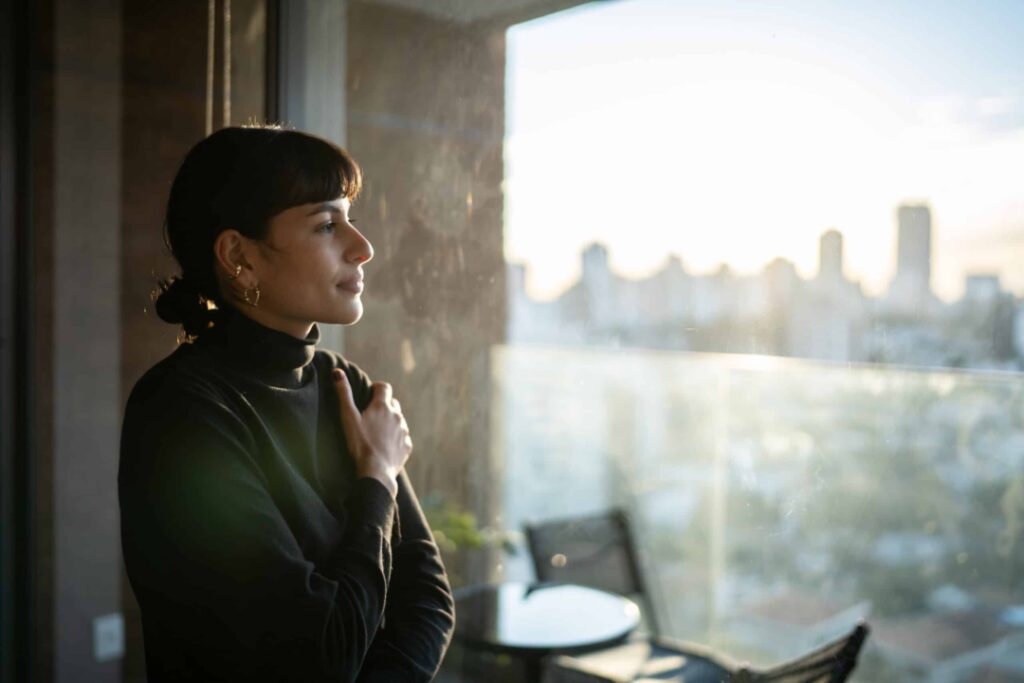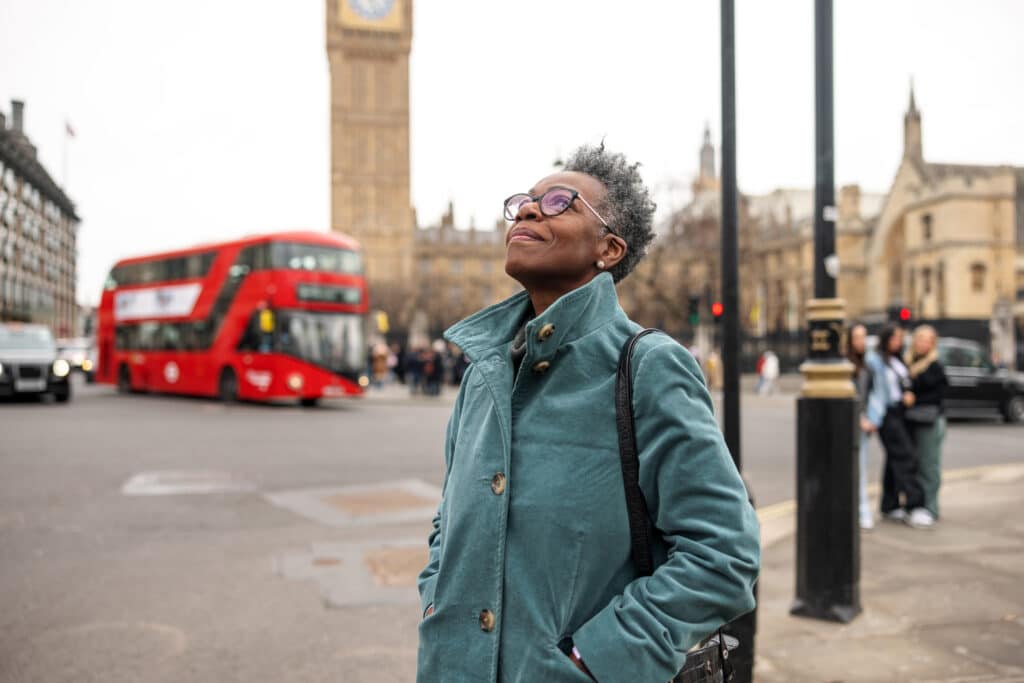Women are less likely than men to experience trauma in their lives. But they’re more likely to have PTSD afterward. Twice as likely, it turns out.1
Why? It’s not clear. One factor may be the type of trauma women face. Women with PTSD are more likely to have been physically or sexually assaulted than men.
Another reason: stigma. Women may be less likely to seek treatment for their symptoms because of worries that others might think less of them.
The stigma surrounding mental health is especially strong for women of color. Case in point: women of color are half as likely as white women to seek help for depression, according to John Hopkins Medicine.2
PTSD can look different for women, too. The most common symptoms for women are:
- Being easily startled
- Feeling numb, or unable to feel emotions
- Avoiding reminders of the trauma
- Feeling depressed or anxious
These symptoms may be easier to dismiss or ignore than ones that are more common among men, like angry outbursts, or using drugs or alcohol. Too often, women may blame themselves. Or they just try to power through their symptoms.
The result: It takes women 3 years longer than men on average to get treatment for PTSD.3
If you or someone you care about are experiencing these or other mental health symptoms, here are some ways to overcome the stigma:
Push back against self-doubt. Often stigma isn’t just about what others think. Some of the harshest criticism can be come from within. For example, you might think that your symptoms are a sign of your own personal weakness, or that if you just tried harder, you could beat it.
Find someone you can talk to. You might be tempted to avoid other people when you’re struggling with mental health symptoms. But getting support from someone who cares can be powerful.
Find people who can know what you’re going through. While a good friend can provide support and a listening ear, it can also be valuable to find people who are going through something similar. A support group can be a good way to do that. The National Alliance on Mental Illness is one place to find free online support groups.
Remember that your mental health doesn’t define you. Don’t forget that you are more than your symptoms, or your diagnosis if you have one.
Get treatment. Treatment can make a difference, and the sooner the better. Talking to your doctor or a therapist is one way to get help.
Freespira is a treatment option you can use at home with no need for medical appointments. Freespira is drug-free and FDA-cleared to treat panic attacks and PTSD symptoms. Take our free online symptom assessment to see if Freespira is right for you.



